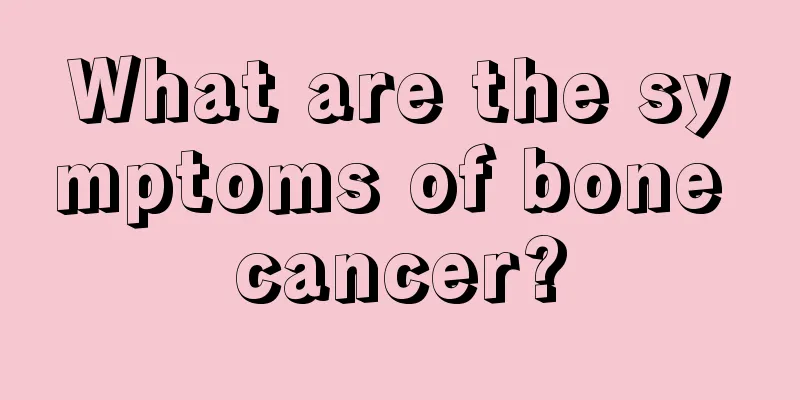What is the biggest difference between internal hemorrhoids and rectal cancer

|
The differences between internal hemorrhoids and rectal cancer are generally reflected in the causes, symptoms, diagnosis, treatment, prognosis, etc. It is recommended to go to a regular hospital for relevant distinction. 1. Causes: Internal hemorrhoids are caused by congestion, swelling or prolapse of the vascular cushions (hemorrhoids) in the anal canal. Common causes include long-term constipation, diarrhea, long-term sitting, pregnancy, obesity and genetic factors. Rectal cancer is a malignant tumor that usually develops from abnormal proliferation of cells in the lining of the rectum. Risk factors include age, family history, poor eating habits, obesity, smoking, excessive drinking and certain genetic diseases. 2. Symptoms: Common symptoms of internal hemorrhoids include blood in the stool (usually bright red blood), anal discomfort, anal itching, and sometimes hemorrhoid prolapse. Rectal cancer symptoms may include blood in the stool (may be dark red or black), changes in bowel habits (such as constipation or diarrhea), abdominal pain, weight loss, fatigue, and a feeling of a mass in the rectum. 3. Diagnosis: Internal hemorrhoids are usually diagnosed through anal examination (such as digital anal examination) and anoscopy (such as anoscopy or proctoscopy). Rectal cancer needs to be confirmed through endoscopy (such as colonoscopy), imaging examination (such as CT scan or MRI) and tissue biopsy. 4. Treatment: Treatments for internal hemorrhoids include medication, rubber band ligation, injection sclerotherapy, laser therapy, or surgical removal. Treatments for rectal cancer may include surgical removal of the tumor, radiation therapy, chemotherapy, or targeted therapy, depending on the stage of the cancer and the patient's overall health. 5. Prognosis: Internal hemorrhoids usually have a good prognosis and can be controlled with non-surgical treatment in most cases. The prognosis of rectal cancer depends on the stage of the cancer, the response to treatment, and the patient's overall health. Early diagnosis and treatment usually have a better prognosis. It is important to seek medical attention promptly for evaluation and diagnosis if blood in the stool, changes in bowel habits, or other concerning symptoms occur to rule out serious conditions such as rectal cancer. |
<<: What is the difference between gastric tumor and gastric cancer?
>>: How to detect breast cancer
Recommend
Cheeks are sore near the ears
If you feel soreness in your cheeks near your ear...
What are the ways lung cancer metastasizes
In recent years, lung cancer has become one of th...
What is thyroid cancer
What is thyroid cancer? As the environment we liv...
What disease does nosebleed indicate and what are the causes?
It can be said that most people have experienced ...
I woke up feeling very tired and weak
When you wake up from sleep, you will feel very t...
Is it better to steam in summer or in winter?
Sweat steaming is a health-preserving and leisure...
The hazards of artificial urticaria
Artificial urticaria is a common skin disease in ...
Can you run backwards if you have lumbar disc herniation?
Can I run backwards if I have a lumbar disc herni...
How to deal with oil stains on clothes
When clothes are stained with oil, we will feel v...
What can prostate cancer patients eat to improve immunity
Diet is a very important aspect in the prevention...
Late-stage symptoms of brain cancer patients
Many people with advanced brain cancer lose confi...
How do women with big breasts wear bras
We often see on the Internet that foreign women h...
The efficacy and function of yellow crystal ball
Crystal can be made into various things, such as ...
Is it better to use a tampon or a sanitary napkin?
Nothing is perfect, so tampons and sanitary napki...
Can I wear beeswax while taking a shower?
Beeswax is a type of amber, which appears translu...









